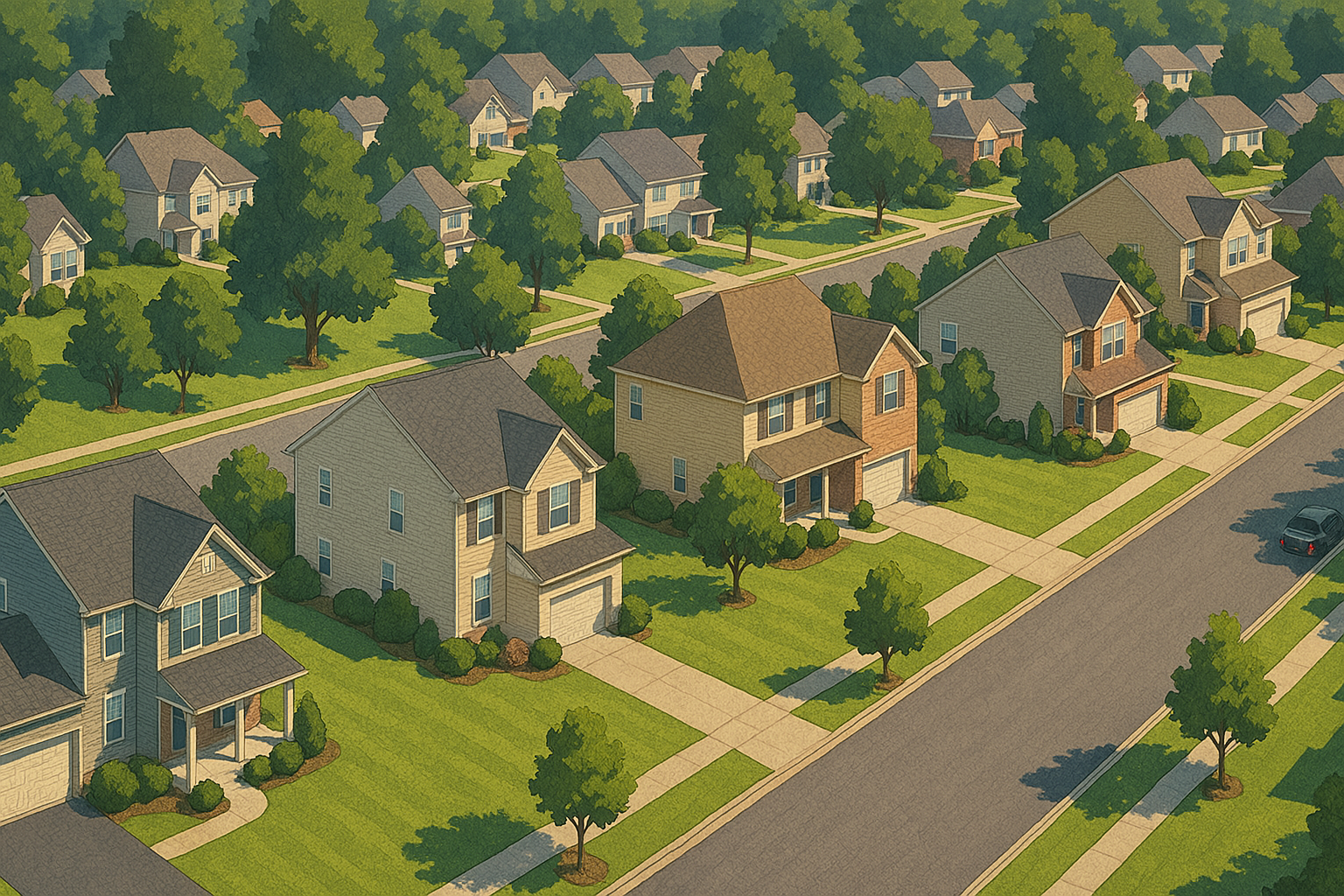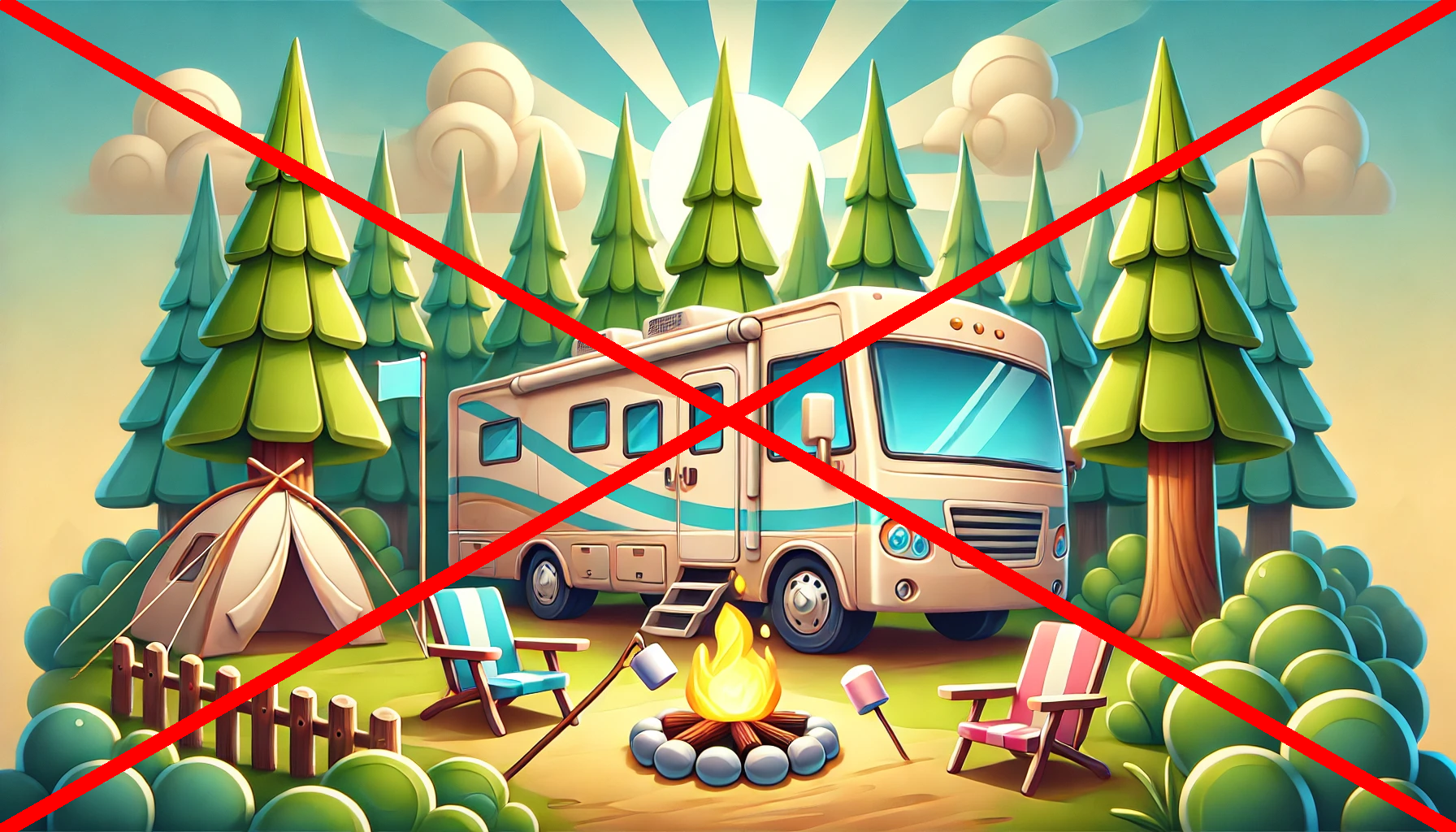CALL US TODAY · 321-536-7185
55+ Communities are Great, but Not for Everyone?
Living in a 55+ Community: The Real Pros and Cons

So, you’re considering life in a 55+ community—or maybe you’re already there and weighing how it fits your lifestyle. These age-restricted communities can be an amazing option for many people in their retirement years, offering peace, convenience, and a sense of belonging. But just like any living situation, there are some trade-offs.
Let’s break down the pros and cons of living in a 55+ community so you can decide if it's the right fit for you or a loved one.
The Positives of 55+ Community Living
1. Like-Minded Neighbors
One of the biggest perks of a 55+ community is that you’re surrounded by people who are generally in the same phase of life. Whether retired, semi-retired, or just enjoying the freedom of the "empty nest" years, it’s refreshing to be around folks who understand your rhythm of life. There's a built-in sense of camaraderie and connection—people are often looking for friendships, shared activities, and simply enjoying life.
2. Peace and Quiet
If you’ve spent decades raising kids, living in bustling neighborhoods, or enduring the sound of midnight lawnmowers and revving engines—welcome to the quiet life. These communities are typically calm and serene, free from noisy neighbors, late-night parties, or the unpredictable energy that comes with younger households.
3. Amenities Galore
Most 55+ communities are packed with amenities like clubhouses, swimming pools, fitness centers, shuffleboard courts, walking trails, and activity calendars filled with things like yoga, painting, or bingo nights. Whether you’re the social butterfly or prefer your peace and solitude, there's usually something for everyone.
4. Low Maintenance Living
Another major benefit? You’re not responsible for most of the yard work or exterior maintenance. After a storm, you won't be out there picking up branches or worrying about the roof—there’s usually a management team handling all that for you. This is especially appealing if you're looking to simplify and spend more time enjoying life and less time managing a household.
The Drawbacks to Keep in Mind
1. No Young Residents Allowed
While you might love your grandkids, they usually can’t move in with you. Most 55+ communities have strict age requirements for residents, which can make it hard if you were hoping to have a younger family member live with you temporarily—or even long-term.
2. HOA Fees and Control
Living in a managed community often comes with homeowners association (HOA) fees. These can be substantial, especially in communities with lots of amenities or condominium-style units. And you don’t have control over these fees—they can increase over time, so it’s important to budget accordingly and ensure your finances are in order.
3. Lack of Age Diversity
While being around peers can be comforting, there’s a trade-off in terms of generational diversity. You might miss the simple joy of children riding bikes down the street, the laughter of young families playing outside, or the fresh energy that comes from a more mixed-age environment.
4. Resale Limitations
Because 55+ communities serve a specific demographic, resale can sometimes be challenging. The buyer pool is smaller, and depending on the housing market, it could take longer to sell your home when the time comes.
5. Lots of Rules
HOAs typically come with a long list of rules and regulations, and 55+ communities are no exception. If you're someone who values freedom and flexibility—whether it's about decorations, landscaping choices, or pet policies—you may find these rules a bit restrictive. Make sure to read the community’s bylaws and HOA guidelines carefully before committing.
Final Thoughts
Living in a 55+ community can offer a beautiful, simplified lifestyle filled with friendship, comfort, and convenience—but it’s not for everyone. It really comes down to your personal preferences, lifestyle goals, and financial situation.
If you crave peace, simplicity, and an active adult community that feels like a built-in social circle, it might be a perfect fit. But if you're looking for a bit more freedom, flexibility, or a multi-generational atmosphere, you might want to explore other options.
As always, do your homework. Visit the community, talk to residents, read the HOA documents, and think about how you want your life to look in the next 5, 10, or 20 years. Because at the end of the day, this next chapter should feel just right.













